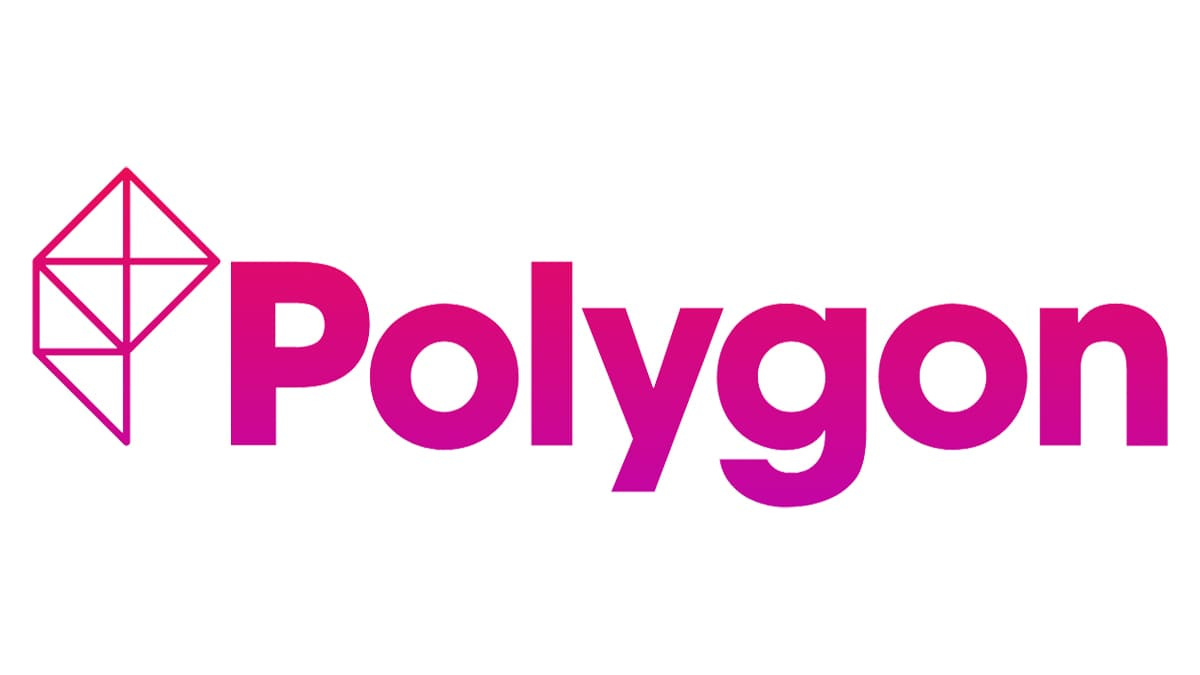Polygon's sudden sale is another dire warning for games journalism's future
One transaction raises so many questions about the future of the media. Even those outside of games journalism should take note.
Keep reading with a 7-day free trial
Subscribe to Infinite Lives to keep reading this post and get 7 days of free access to the full post archives.




